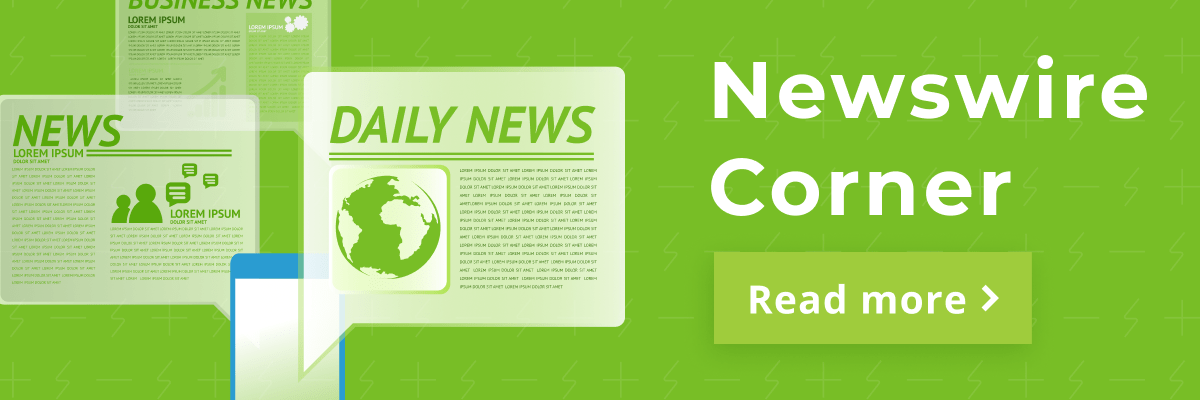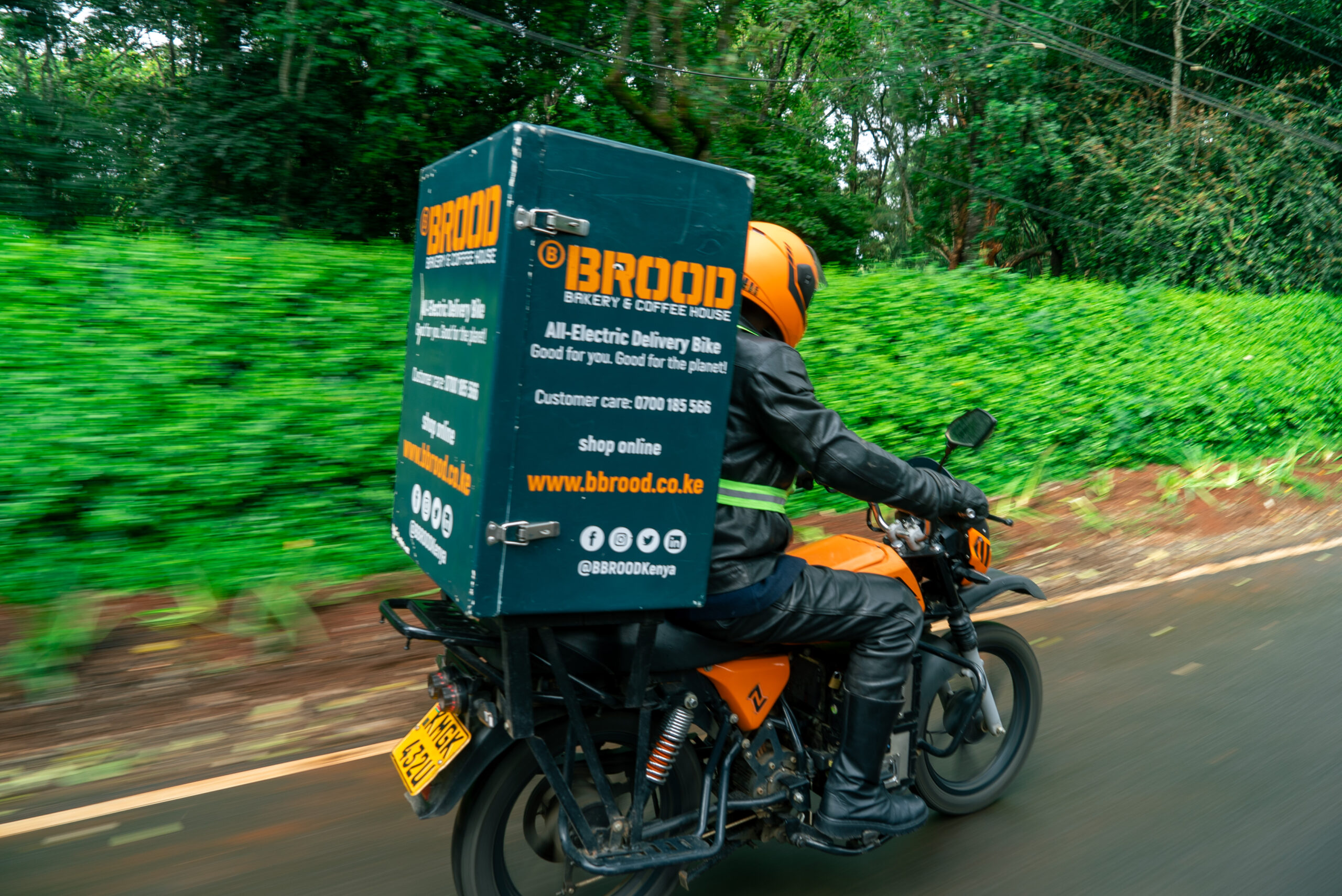Sign up for daily news updates from CleanTechnica on email. Or follow us on Google News!
A recent article here by my colleague Steve tells the story of death by rolling McMansion.
Because Americans love everything Super Sized, many if not most of us want to drive large, hulking vehicles. Trucks are getting bigger. SUVs are getting bigger (even if they’re not at their mid-2000s peak—the Super Duty-based Ford Excursion). Even little crossovers are bulking up. The mini-trucks people loved in the 1980s and 1990s? Gone, and replaced by trucks as big as what we used to consider a full-sized truck.
Sadly, we’re seeing this lead to death. The available data is pretty clearly showing us that for every life saved by larger vehicles (one of their big selling points), 25 other people die because they’re either in a smaller vehicle or in no vehicle at all. Growing areas outside of the vehicle are hidden from the driver’s view, making it possible to hit people (especially shorter women and children) without seeing them.
Before I get into the problem I have with stories like these, I do want to point out that Steve (as much as I disagree with him on some things) engaged in some great journalism on the topic. Instead of pointing out that Americans refuse to vote for politicians who would ban larger vehicles and then ending the story with partisan lament, Steve explored other possible approaches, like getting people to slow down with better street engineering. A little creativity and imagination, and we can find solutions that everyone can live with!
Sadly, I just don’t see enough of that thinking these days. Transportation nerds like us who come from different backgrounds and talk to each other, engage in civil debate, and brainstorm aren’t the norm these days. Because humans tend to flock together for safety like wild birds, we end up trying to form the biggest tribes possible. This means that for many people, ideas need to fit in either the “conservative” box or the “liberal” box. It doesn’t matter that conservatives aren’t very conservative anymore and that liberals don’t like some kinds of liberty as long as they can band together for safety in numbers.
This polarized uni-dimensional debate wreaks havoc on our ability to solve problems, though.
Road safety is a big one. One side (ironically the “liberals”) is perfectly comfortable with government control to achieve safety. Stricter speed limits, speed cameras, heavy regulations on vehicle design, removing cars from urban cores, high vehicle fees/taxes, congestion fees, and forcing people to ride trains and buses are all common policy suggestions. The conservatives, who you’d think would love the trolleys and trains of yesteryear (some actually do), favor unregulated cars on wide roads with high speed limits that don’t have to compete with transit for funding.
Anyone advocating for anything outside of these two boxes will get pilloried by both sides, and even accused of secretly working for the enemy. Anyone trying to come up with innovative ideas that might solve the political impasse and solve problems will find themselves screaming into the void, having their ideas sent to a committee for review, or mocked. This makes it tough for anyone to be creative for long unless they’re lucky or find a way to get everyone to accept things like roundabouts.
We’ve seen climate change stuck in the sand because of polarization, too. There’s a denialism box, where you’re not allowed to admit that it’s real, and there’s an “It’s real and requires big government solutions” box. People who try to stake out another position like I do often don’t get much traction. Before Elon Musk decided to throw in with MAGA populism, he was pushing for apolitical solutions like EVs, solar, and energy storage and doing it in such a way that people from all over the political spectrum could jump aboard, and that made a big difference.
Now? We’re seeing the bipartisan support for EVs evaporate, and get replaced with hybrids as the right avoids EVs and the left avoids upsetting union and automaker interests. Again, this idea that we have to sort all of society into two boxes kills our ability to innovate and get it right.
We see this same problem play out on many other policy issues.
Mass shootings are responded to with “thoughts and prayers” from one box, while the people in the other box call for laws that they know won’t pass (which is really just another form of “thoughts and prayers” if you think about it). The kids dying in the schools and the adults dying in the grocery stores aren’t players in this game. They’re the ball. People are more interested in scoring a hit agains the other tribe than they are in finding creative and innovative ways forward.
On LGBT issues, there’s one side that wants it all banned and another side that wants to force people to “bake the cake.” We’re stuck with transgender people being able to change their mind one day and let someone who was a man yesterday compete in sports against women, or we must completely ban transgender people from fair competition in sports (including things as non-physical as chess). No middle ground that maximizes happiness and safety is allowed, or you’ll be accused of being a hater or a pedophile.
Solving This Problem of Problems
The first thing we need to do is find ways to cut down the polarization. It really starts at the social level, when we tolerate friends and family who are partisan hacks. If we’d all push back a little bit, even when we agree with someone, and point out that they always agree with one side, it could force people to think. This doesn’t require being ugly with people as much as just trying to elevate the discourse with a little bit of “devil’s advocate.” Everyone should be questioning their side regularly.
In the political realm, we need to fix up the perverse incentives that force people into two camps. First-past-the-post elections, where there’s one winner per district, encourages people to support the two biggest parties. Alternatives, like ranked choice voting, multi-seat districts, proportional representation with low floors (under 1%), and easier ballot access can make it easier to support alternatives.
We also need to be better about considering other options in all of these areas. When there’s a political impasse, we need to encourage people on our own sides to come up with alternatives instead of using disagreements as a stick to bludgeon the other side with. Our politicians and thought leaders only keep doing this because we enjoy it, and the moment they stop seeing us appreciate it, they’d change their ways.
Getting polarization down and getting better ideas into the mix is going to take us all being more enlightened outside the box thinkers, even in a world where that’s not easy.
Featured image: Capitol Hangmen’s Knot CC-BY-20 Tyler Merbler
Have a tip for CleanTechnica? Want to advertise? Want to suggest a guest for our CleanTech Talk podcast? Contact us here.
Latest CleanTechnica.TV Videos
CleanTechnica uses affiliate links. See our policy here.
CleanTechnica’s Comment Policy



